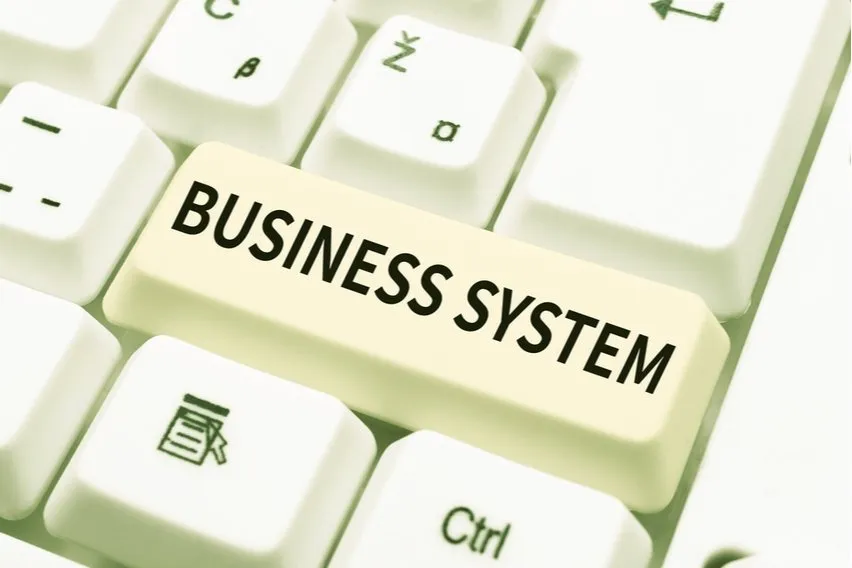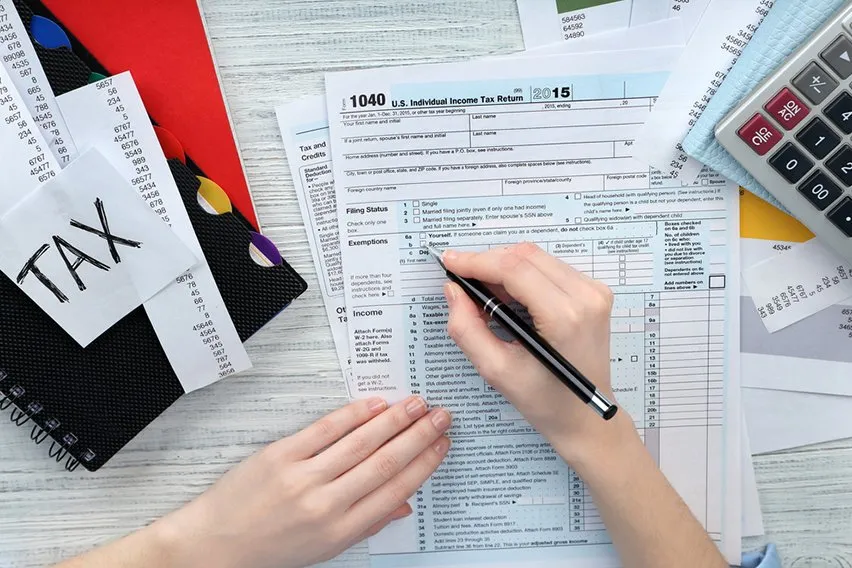What Is Financial Year End and How to Determine for Business

Not all businesses operate with December 31st as their financial year-end. How is the fiscal year-end determined, then?
In terms of calendar days, we’re accustomed to the year ending on December 31st. For a business though, the financial year may end at a different time altogether.
There are several reasons a business may choose to set its fiscal year-end to another date. For many businesses, November and December are the busiest times of the year. So, accounting during these times may be hectic. Seasonal businesses may have their busy times in the summer, and choose to end their fiscal year in September or October. Really, the fiscal year could be any 12-month period a business chooses.
What exactly is a financial year-end for accounting purposes? What are the implications?
Here’s What We’ll Cover:
How to Choose Your Financial Year-End
What Is a Fiscal Year-End?
A financial year-end is often referred to as a fiscal year-end. This is the date that ends a one-year period for tracking business finances. In other words, it is the annual accounting period. This means rather than financial reporting from January 1-December 31 you use a different date range to span a 12-month period.
Many businesses use a fiscal year-end rather than a calendar year-end for keeping financial records. There are a variety of reasons for this decision. Sometimes it may be obvious, such as retailers with a January year-end. In other instances, the business has their own reasons altogether that only they know only to them.
For example, Microsoft’s fiscal year ended June 30, 2021. So, the tech giant’s financial report was from July 1st, 2019 through June 30, 2021.

Apple, for example, has its fiscal year-end on the last Saturday of September. This explains why their newest iPhone always releases in late September.
The United States Federal Government ends its fiscal year on September 30. This date is just in time for newly elected officials to take part in budgeting decisions.
The point is that you should determine the financial year-end based on what works best for your business. There are many factors to consider.
How to Choose Your Financial Year-End
First, if you’re a C corporation, the Internal Revenue Service lets you choose whether to use the calendar year or a fiscal year for taxes. Sole proprietors must gain IRS permission to switch to a fiscal year by filing form 1128.
If you are a partnership or an S corporation, you must file form 8716 to gain IRS permission to switch to a fiscal calendar.
Assuming that you have approval to use a fiscal calendar for your business, making the decision on your financial year-end is critical. We have to stress that you can only choose this date at the time of incorporation. After you’ve selected your fiscal year-end, you cannot change it. So, this adds a lot of importance to making the correct decision right away.
Here are some important factors to consider:
- Seasonality – If your business is seasonal, then it often makes sense to set your financial year-end shortly after the season ends. This allows you to include the busy season in the fiscal year without spanning multiple years.
- Grants / Funding – If your business is reliant on grants and investor funding, then it may make sense to end shortly after this regular funding period. This, of course, is only if the funding occurs around the same time each year.
- Inventory – When one of your primary sources of revenue is product sales, it’s best to set the fiscal year-end to when your inventory is at its lowest. This makes inventory valuation easier.
There are many other things you should consider. It really depends on what is best for your business. Ideally, you want your fiscal year to look as successful as possible. This means making sure you capture the busiest time in each fiscal year rather than having it span multiple years. This will give the best picture of your success, and it will simplify accounting.
Fiscal Year and Taxes
One other thing to remember when choosing whether to use a fiscal year or calendar year is taxes. The Internal Revenue Service requires businesses to file quarterly tax payments. These dates are normally:
- April 15
- July 15
- October 15
- January 15
However, when you run on a fiscal calendar, these dates will be different. Here is when you will file quarterly taxes, instead. The IRS bases these dates on the start of your fiscal year:

- 15th day of month 4
- 15th day of month 6
- 15th day of month 9
- 15th day of the 1st month after the end of your fiscal year.
This is a similar schedule to a calendar year. It is just adjusted to account for the difference in the year-end date.
These dates are something else to consider when choosing your financial year-end. It can be a delicate balance to find the perfect year-end for your business. Just as you don’t want to do year-end accounting during the busiest season, you don’t want quarterly taxes to fall during certain times.
Key Takeaways
Whether or not you should use a fiscal year is dependent on your business needs. If the November-December holiday season is hectic, you may want to end your fiscal year in January. If you receive regular investor or grant funding at the same time each year, then ending after this could be a good choice.
In the end, there are plenty of other factors that only you can determine. Project the trends your business will see, and base it around this. Just remember that you can only choose your year-end date on initial incorporation. You cannot change this date afterwards.
If this article was useful, check out some other articles on our resource hub.
RELATED ARTICLES

 How Much is Small Business Tax in South Africa
How Much is Small Business Tax in South Africa How to Register Sole Proprietorship in South Africa
How to Register Sole Proprietorship in South Africa Business Systems: Everything You Need to Know
Business Systems: Everything You Need to Know What Is Project Life Cycle: The 5 Phases
What Is Project Life Cycle: The 5 Phases Shopify Vs WooCommerce: Which Is the Better Platform?
Shopify Vs WooCommerce: Which Is the Better Platform? How to Calculate PAYE Tax: Income Tax Calculator
How to Calculate PAYE Tax: Income Tax Calculator